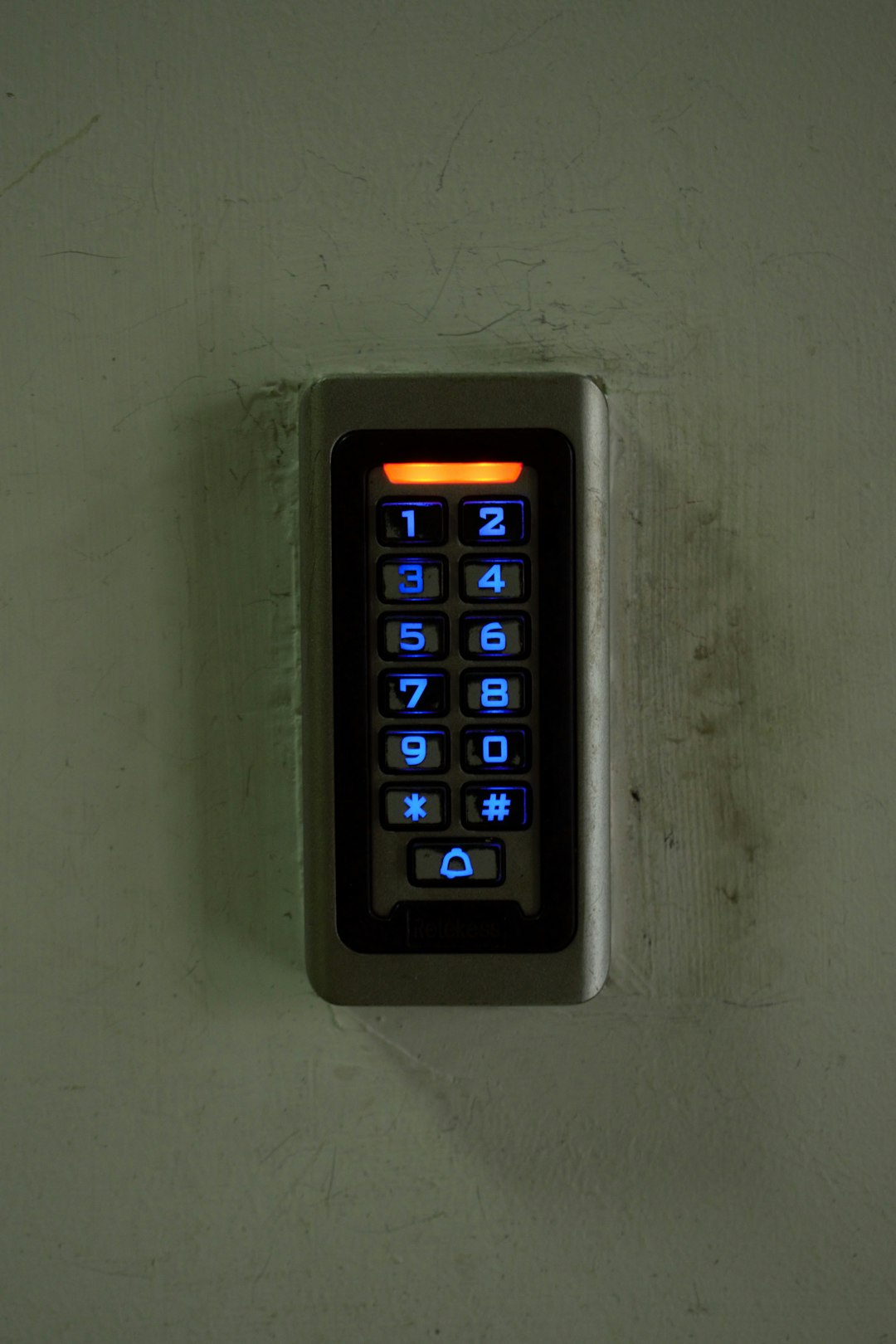The (Very Real) Danger of Duplicate Passwords
Duplicate passwords are a serious threat to your online security. With the increasing number of accounts and platforms we use daily, it's tempting to reuse the same password for multiple logins. However, this practice poses a very real danger to your personal and professional data.
Also Read "Why Unique, Memorable Passwords are Crucial"
The Risks of Duplicate Passwords
Using the same password across different accounts leaves you vulnerable to potential security breaches. If a hacker gains access to one of your accounts, they can easily try the same password on other platforms, compromising your entire digital identity.

The Impact on Personal and Professional Data
Whether it's your social media profiles, email accounts, or work-related platforms, the repercussions of using duplicate passwords can be severe. Unauthorized access to sensitive information can lead to identity theft, financial loss, and damage to your reputation.

Best Practices for Password Management
To mitigate the risks associated with duplicate passwords, it's crucial to adopt robust password management practices. Consider using a reputable password manager to generate and store unique, complex passwords for each of your accounts.
Additionally, enable two-factor authentication whenever possible to add an extra layer of security to your logins. This ensures that even if a hacker obtains your password, they would still need a second form of verification to access your accounts.

Education and Awareness
It's important to educate yourself and others about the dangers of duplicate passwords. Encourage friends, family, and colleagues to prioritize strong, unique passwords for their online accounts to protect their digital assets.

While it may seem convenient to use the same password across multiple platforms, the risks associated with duplicate passwords far outweigh the benefits. By implementing strong password management practices and staying vigilant about online security, you can safeguard your personal and professional data from potential breaches.

